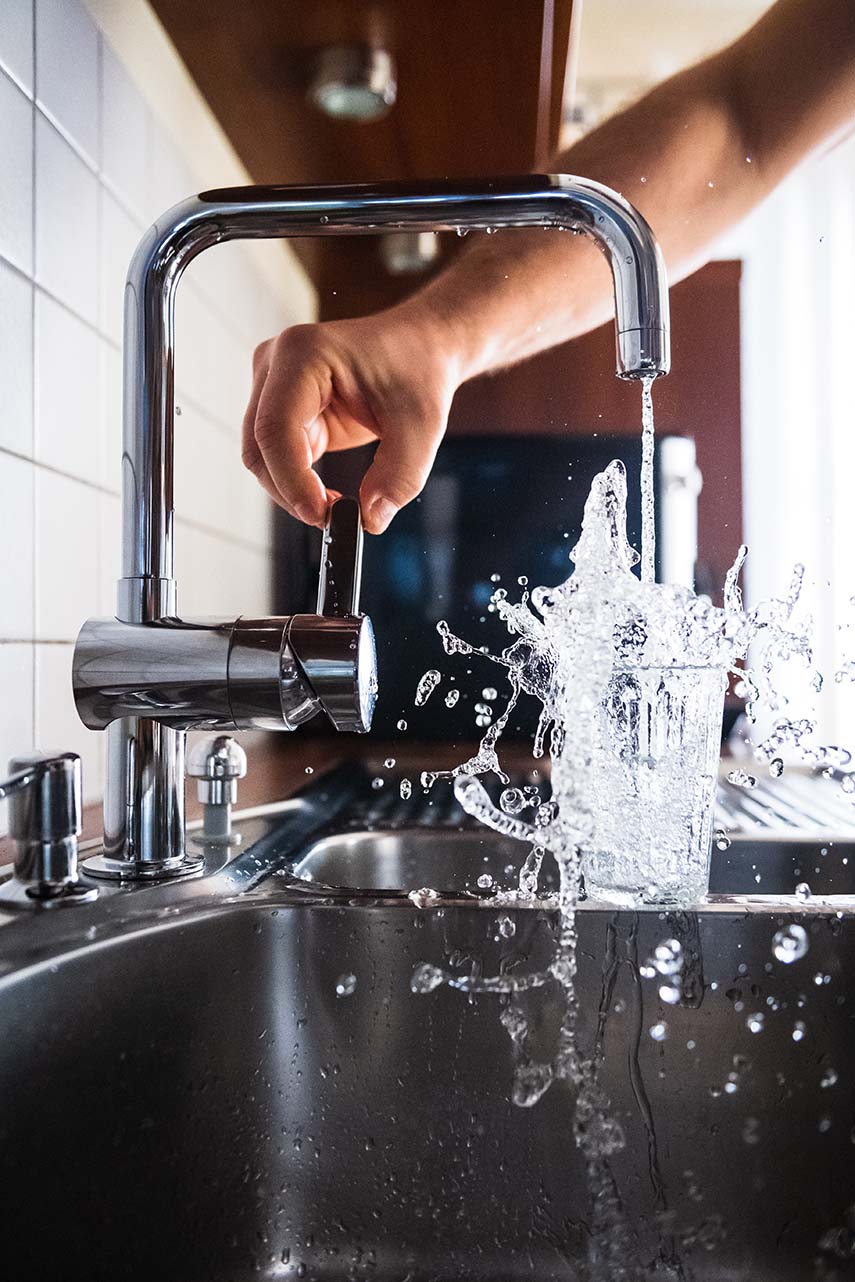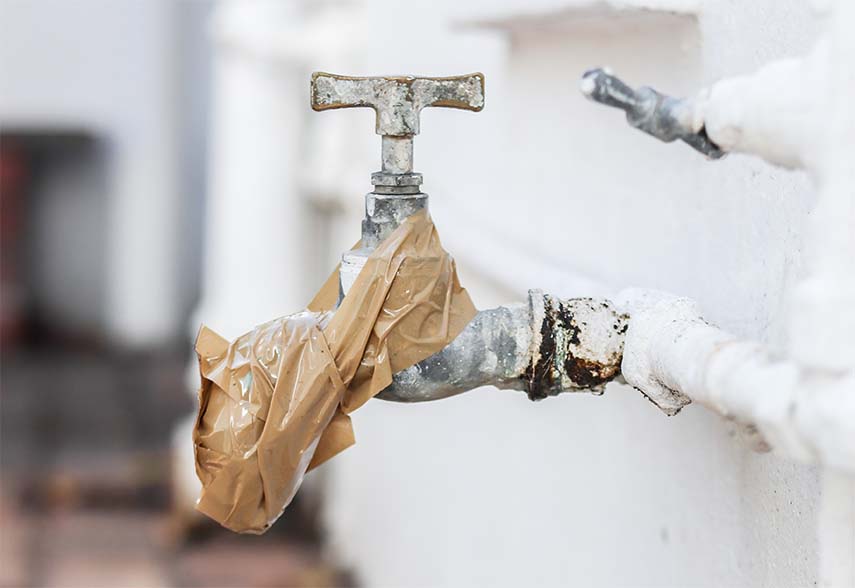Want to invest into a highly technical and in-demand job? This is where to start
You’re sitting at home watching TV when you suddenly realise that the hissing noise that you initially thought was part of the show, is actually happening inside your house. You rush off to discover what the problem is and it turns out that your toilet won’t stop flushing.
Cue curses, turning off the water supply for the toilet and penny counting to pay for the plumber to come out and save the day. Unless, of course, you’ve been smart and invested into becoming a plumber…
Learning how to become a plumber doesn’t involve extensive or excessively expensive training and it opens up a world of opportunity.
With these skills you can work overseas – in 2018, Australia opened up its immigration to plumbers as the skill was in such high demand – you can also dictate your hours, start your own business and build a really valuable portfolio of skills.
As a plumber you can install and maintain the systems needed for water, sewage, drainage, heating, air-conditioning, home repairs and building, commercial repairs and building, fixture installation and more. You can also learn a lot of these skills in an internship and doing on-the-job training so, unlike many other careers, you don’t end up in debt paying off expensive college loans.
Plumbing is physically demanding but you don’t need to be incredibly fit, unlike with the Carpentry or Physiotherapist career tracks. You just need to be able to bend down, lift heavy objects and squeeze into uncomfortable places without taking too much physical strain.
It’s also important to ensure that you don’t suffer from a fear of enclosed spaces because quite a few jobs may see you squeeze into crawl spaces, into attics and around sinks and machines.
That said, there are quite a few different places you can take your plumbing career if you fancy investing into more skills development and training. According to Plumbing Online, you can specialise in becoming an arbitrator, estimator, and training assessor; and you can expand into solar, water energy, rainwater disposal and more.
As a plumber you will need to:
- Enjoy working with you hands be comfortable with tight spaces
- Be good at problem solving
- Read technical plans and understand them
- Have good people skills
- Complete Construction Education and Training Authority (CETA) accredited training to get your license
- Grade 10 qualification
The type of person who would thrive in this profession would be someone who has good interpersonal skills, a passion for problem solving, physically fit, open to working strange hours, punctual and deadline-driven.
According to Payscale, a Master Plumber can earn up to R400 000.00 a year.
Boost your skills while at school
To become a qualified plumber, you would stand yourself in excellent stead if you have completed your Grade 10 or equivalent, but many education institutions that focus on this qualification are just as happy with your having completed two years’ work experience instead.
It is, however, a great idea to finish matric and to expand your body of knowledge into language subjects like English (if it is not your first language), Zulu (if it is not your first language) as this will allow you to build better customer relationships without a language barrier. You should also consider looking into developing your skills in maths, science and technology as these will make a huge difference to your future and your career as a plumber.
To boost your maths skills, visit the free Vodacom e-school portal for extra lessons and helpful guides. You can use the portal to also further your skills in English, technology, and science. If you want even more oomph for your maths, visit Top Dog for lessons – the site even offers you rewards for achieving milestones and will inspire you to keep on going.
Vodacom e-school does ask you to register first but the process is as simple as entering your name, a password of your choosing, and the one-time-pin that they send you. Then select your grade (you can change this at any time) and start learning.
How to train to become a plumber
What’s really interesting about becoming a plumber is how you can choose several different routes to achieve your initial qualification and then you can expand into new areas and training opportunities as you learn more about the profession. Some education institutions, such as Intec, offer a Preparing and Maintaining Plumbing Works course that needs a Grade 10 and offers you a basic plumbing certification. Nomanzi Plumbing School provides you with access to apprenticeships, trade tests and training courses that vary in level of skills development and costs. You can also visit PCD College who offer SABS standard training courses from beginner through to advanced.
You can find quite a few options for your training or your apprenticeship online but it is worth first visiting the Institution of Plumbing South Africa (IOPSA) as they not only offer recognised training opportunities, but they allow you to build a network and grow your career. It is also worth considering joining IOPSA as a member once you have some experience under your belt as it adds a layer of trust to your engagements with customers.
To become a certified plumber you can:
- Undertake an apprenticeship with an accredited institution such as a Technical and Vocational Education and Training (TVET) college
- Get a national certificate in plumbing followed by a trade test to certify your skills
- Get a national certificate in engineering with workplace experience and a trade test to achieve certification
- You can potentially get Recognised for Prior Learning (RPL) if you have worked as a plumber for years without a formal qualification. The Plumbing Academy provides a South African Qualifications Authority (SAQA) recognised RPL offering.
Further information and education institutions:
- Institute of Plumbing South Africa (IOPSA)
- Joint Acceptance Scheme for Water Services Installation Components (JASWIC)
- Plumbing Industry Registration Board (PIRB)
Bursaries:
- JHC – bursaries in trade qualifications
- The Sun International Bursary


